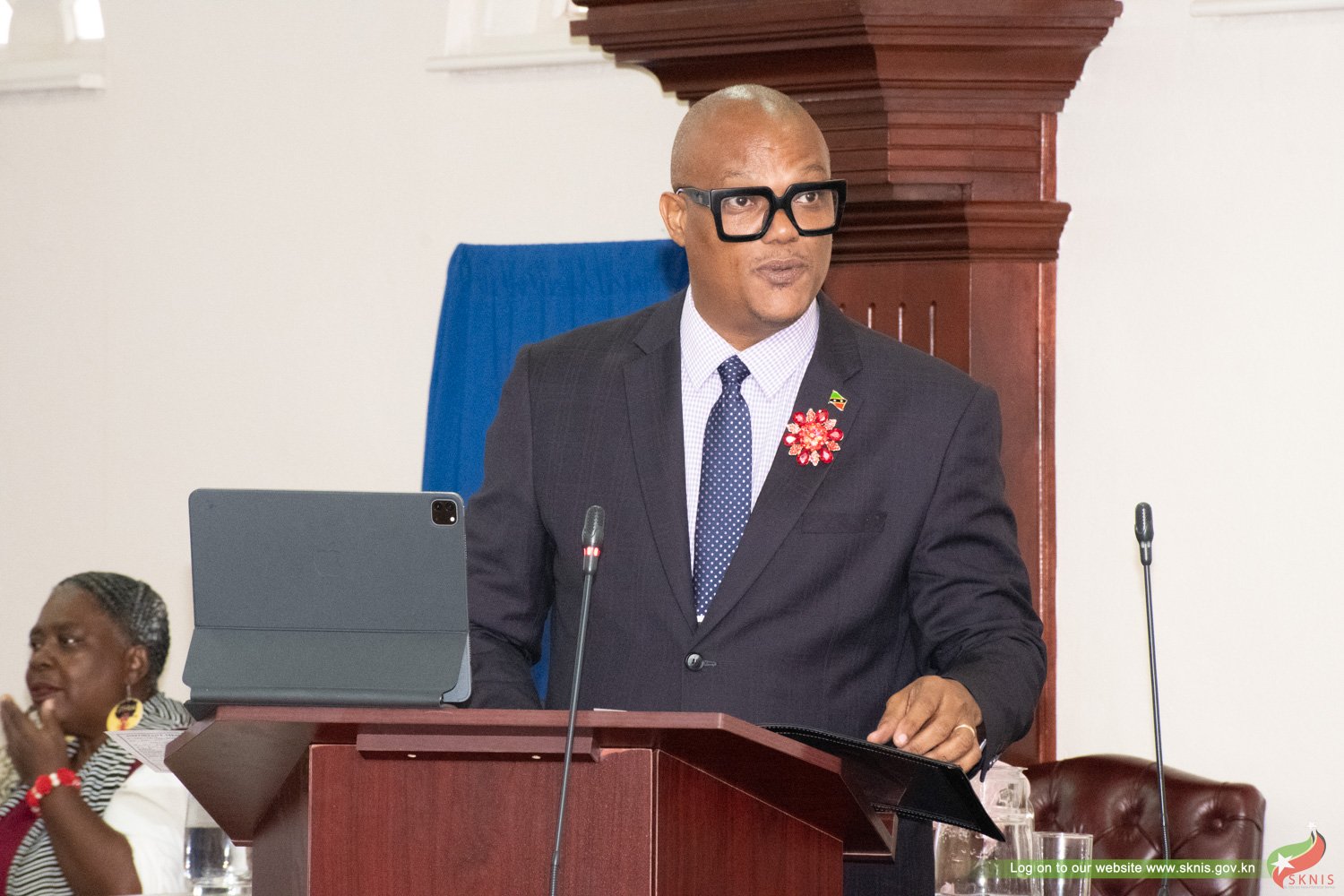Ministry of Education Prioritizes Enhanced Support for Autism Spectrum Disorder in 2025
Addressing the Growing Prevalence of Autism Spectrum Disorder in St. Kitts and Nevis: A Comprehensive Educational Approach
The Ministry of Education in St. Kitts and Nevis is prioritizing addressing the rising number of autism spectrum disorder (ASD) diagnoses within the twin-island nation. With a reported 306 students diagnosed with ASD in St. Kitts, the Ministry recognizes the increasing need for specialized support and resources to ensure these students receive the appropriate educational interventions. Deputy Prime Minister and Minister of Education, the Honourable Dr. Geoffrey Hanley, has outlined a multi-faceted strategy for 2025 that focuses on enhancing teacher training, expanding support services, and increasing public awareness about ASD. This comprehensive approach aims to create a more inclusive and supportive educational environment for students with autism, empowering them to reach their full potential.
Understanding the Impact of Autism Spectrum Disorder: A Focus on Individual Needs
Autism spectrum disorder is a neurodevelopmental condition that affects how individuals perceive the world, interact socially, and communicate. It encompasses a broad range of characteristics and severities, with individuals experiencing varying degrees of difficulty in social interaction, communication, and exhibiting repetitive behaviors and restricted interests. The unique challenges posed by ASD necessitate individualized educational approaches that cater to each student’s specific needs. The Ministry of Education’s strategy recognizes this individuality and emphasizes the importance of providing tailored support to ensure that students with ASD can thrive academically and socially.
Strengthening Teacher Expertise: Partnering with Dalhousie University for Specialized Training
Recognizing the crucial role of educators in supporting students with ASD, the Ministry of Education is investing in specialized training for teachers. A partnership with Dalhousie University in Canada will provide teachers in St. Kitts and Nevis with access to cutting-edge knowledge and techniques for effectively working with autistic children. This training will equip teachers with the skills and strategies to adapt their teaching methods, create inclusive classroom environments, and address the specific learning needs of students with ASD. The goal is to empower teachers to become skilled facilitators of learning for all students, fostering a supportive and understanding classroom environment.
Expanding Support Services: Deploying Teaching Assistants and Exploring Future Career Pathways
Beyond teacher training, the Ministry is actively expanding support services within schools. Teaching assistants have been strategically placed in schools requiring additional support for students with ASD, with the commitment to allocate more resources as needed. This individualized support allows for more personalized attention and assistance for students, enabling them to navigate the academic environment and access the curriculum effectively. Furthermore, the Ministry is exploring the possibility of offering scholarships in specialized fields such as speech and occupational therapy, recognizing the critical need for these professionals in supporting students with ASD. This long-term strategy aims to build local capacity and ensure the sustainable provision of these essential services within the Federation.
Creating Sensory-Rich Learning Environments: Multi-Sensory Rooms in Daycare Centers
The Ministry’s commitment to supporting students with ASD extends beyond the traditional classroom setting. Earlier this year, in collaboration with the Early Childhood Development Unit (ECDU), multi-sensory rooms were opened in four daycare centers across the island. These specialized rooms are designed to provide a calming and stimulating environment for children with ASD, allowing them to explore different sensory experiences in a safe and controlled manner. The rooms are equipped with a variety of sensory materials that cater to different sensory needs, helping children regulate their emotions, focus their attention, and engage in learning activities. This early intervention strategy aims to provide a strong foundation for children with ASD, preparing them for successful transitions into the formal education system.
A Collaborative Approach: Engaging Stakeholders and Building a Supportive Community
The Ministry of Education’s comprehensive approach to addressing ASD involves collaboration with various stakeholders, including the St. Kitts Spectrum Services Centre, led by Dr. Josephine Claxton-Richardson and her team. The Ministry recognizes the valuable expertise and support provided by this center and continues to partner with them in providing services for students with ASD. The call for individuals to consider careers in special education fields further emphasizes the importance of community involvement in supporting the needs of students with ASD. By fostering collaboration and engaging the wider community, the Ministry aims to create a supportive network that empowers students with ASD, their families, and educators.
Share this content:












Post Comment